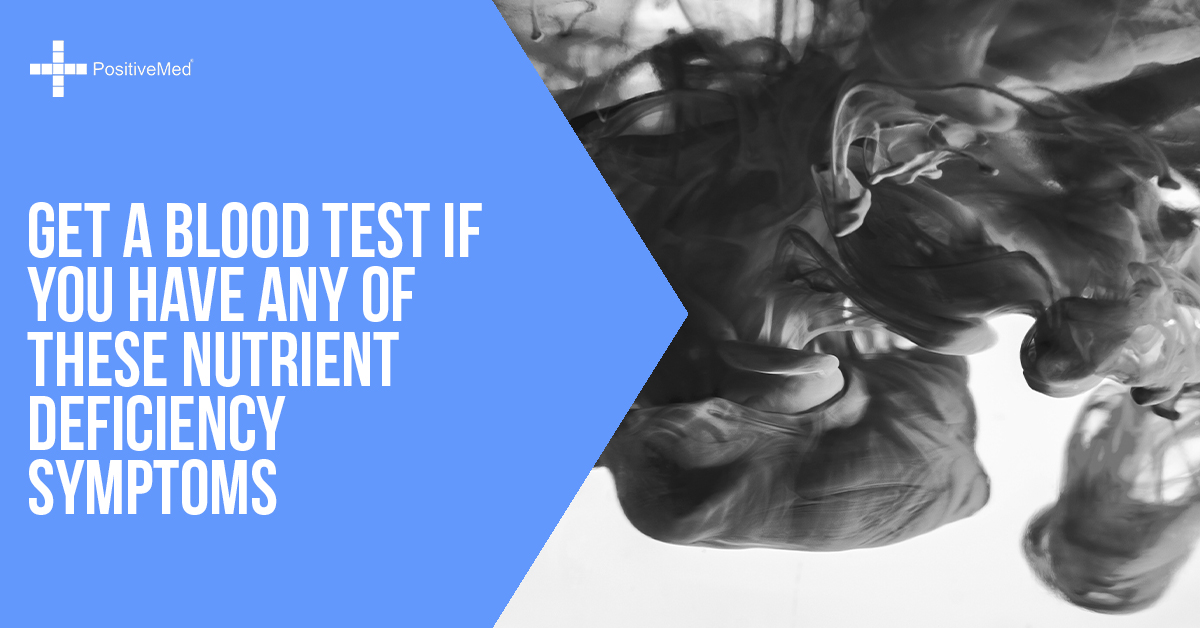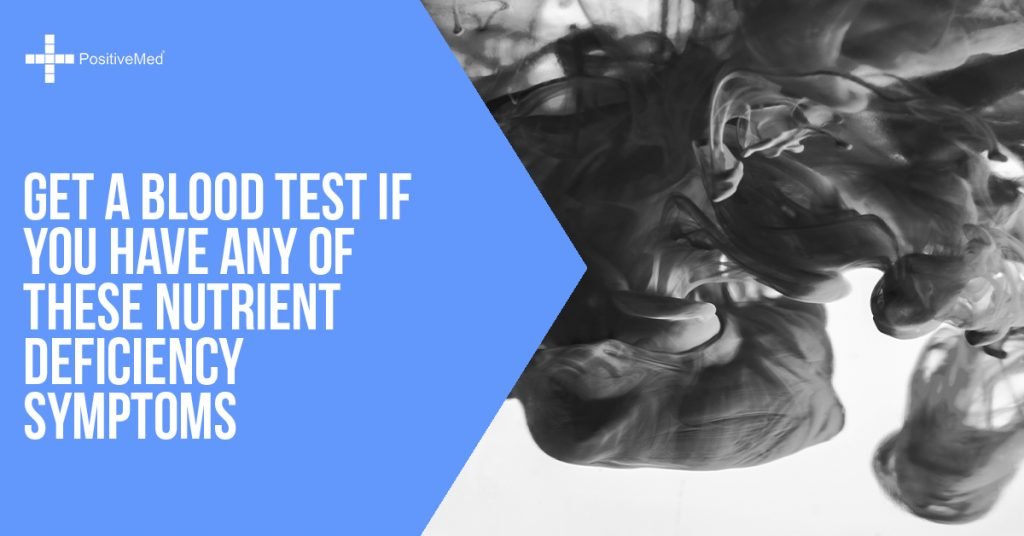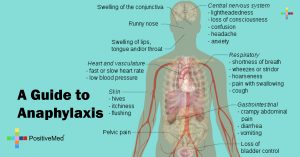When the body does not get all of the nutrients that it requires to function properly, it results in a nutrient deficiency. Eating a well-balanced diet is typically sufficient for giving your body the vitamins and minerals needed. If the diet is unhealthy or not balanced, however, there is a large change that it is lacking in certain nutrients that are essential. Nutritional deficiencies can even happen if you eat well but have a condition that impairs your body from absorbing nutrients, resulting in unpleasant symptoms.

The storage time, processing and soil quality that food comes from may decrease its levels of nutrients. This means that some products may be less nutrient dense than others.
Nutrient deficiency can be hard to pinpoint, also. Symptoms may be mild or they may be very severe, depending on the deficiency. It may be hard to tell that you are sick because of deficiencies in vitamins and minerals, but starting at the baseline when trying to get to the bottom of your symptoms is the safest way to go.
Nutritional deficiency (or malnutrition)
is the result of the body not getting enough of the nutrients it actually needs. If you eat a well-balanced food, you’re probably giving your body enough amounts of vitamins and minerals it needs in order to function properly.
RELATED ARTICLE: 4 Hidden Signs of Protein Deficiency – The First One Gets Blamed on Carbs!
If not – there is a great chance your body is lacking in essential nutrients. Even though you eat good, some other factors – as certain health ailments (digestive problems and others) and your age – can impact the ability of your body to absorb the nutrients in the food.
In the meantime, storage time, soil quality, and processing may significantly influence the levels of some nutrients in your food, such that even healthy products might not be as nutrient-rich as you think.
Nutrient deficiency can be sneaky, as well. We often fail to recognize that mineral and vitamin deficiencies are making us unwell, and instead we turn to medicine or look for a diagnosis. So, why not turn to the safest approach first?
Unless you are really deficient for some time, you might notice not a single symptom, leading you to think (falsely, of course) that you are getting all the nutrition that your body needs.
But, many times, such deficiency does cause symptoms that can range from minor to severe. Except you know what to look for, though, you’re likely to mistake the symptoms for something else.
RELATED ARTICLE: 8 Warning Signs of Magnesium Deficiency You Can Fix It Naturally
Symptoms
Depending on what you are deficient in, your body may experience different symptoms. Getting a blood test for nutrient deficiencies is important to be able to determine your levels in each vitamin and mineral. You may experience every symptom or only a few. Many people often adapt to their symptoms, causing the malnutrition to go undiagnosed. Some common symptoms of malnutrition include:
Weakness
Fatigue
Hair Loss
Trouble Breathing
Constipation
Lightheadedness
Rapid Heartbeat
Depression
You should schedule a blood check if you have these symptoms for a prolonged period of time. They may be an initial sign of a serious deficiency. Here are the most common types of deficiencies.
Iron Deficiency
Iron deficiency, especially among women, is the most common deficiency in the country. Iron is crucial in the production of hemoglobin, which aids red blood cells in delivering oxygen throughout the body. A hemoglobin deficiency can lead to anemia, which is a common blood disorder that can result in further symptoms.
Foods that are high in iron include spinach, red meat, and egg yolks. It is also common to take an iron supplement if needed.
Vitamin A Deficiency
Vitamin A is needed to form rhodopsin, which is a photoreceptor pigment in the eyes. It also helps maintain tissues in the body. Vitamin A also helps to strengthen the immune system.
Foods that are rich in Vitamin A include eggs, sweet potatoes, milk, carrots, pumpkin, green vegetables papaya, apricots, and peaches.
Vitamin B1 Deficiency
B1 is significant to the nervous system, and a deficiency can result in weight loss, fatigue, and confusion. A lot of cereals are fortified with B1, and pork is also a good option.
Vitamin B3 Deficiency
B3 aids our bodies in the conversion of food to energy. B3 is found in most proteins, so a deficiency is rare in people who eat meat. However, a deficiency may result in skin problems, diarrhea, and dementia.
Folate Deficiency
Folate helps create red blood cells and produce DNA, and well as brain development and nervous system functioning. Folate can be found in citrus fruits, lentils, asparagus, beans, leafy green vegetables, shellfish, fortified grain products, and meats.
It is important to have your blood tested for these five common vitamin deficiencies if you have been experiencing some of all of the symptoms mentioned. This is an easy fix and it will make it less likely your condition will go undiagnosed.






